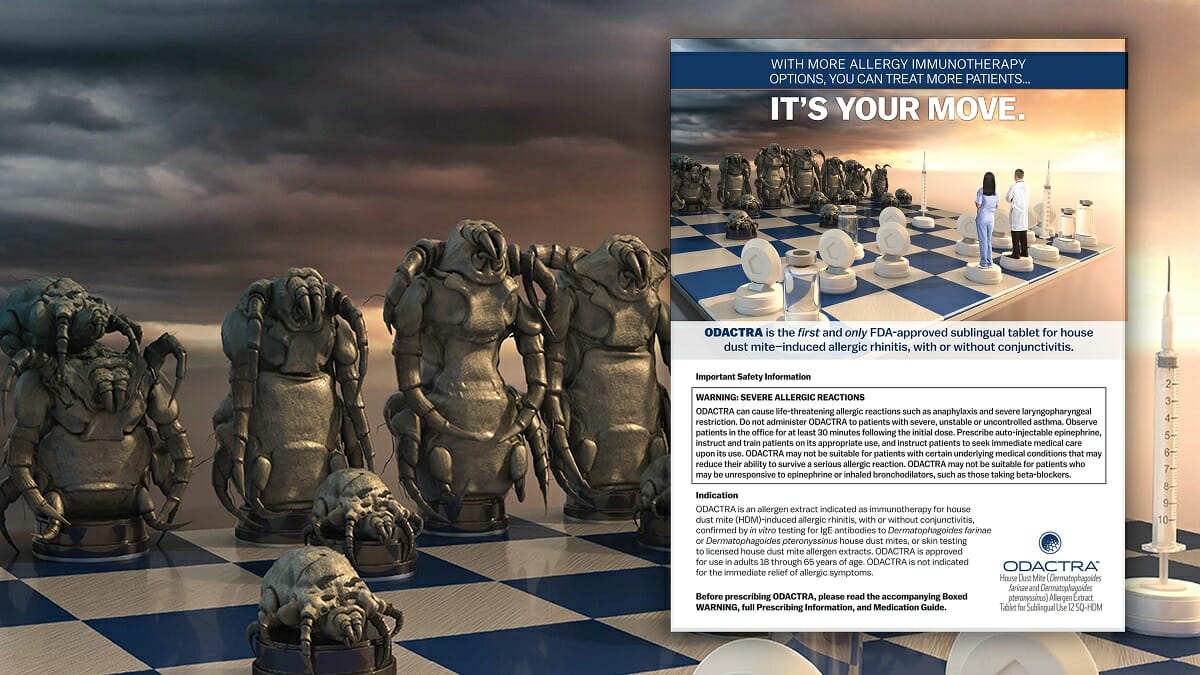Enter RevHealth, which has long seen the value of — and worked with — these communities. “Patients that understand the drug are becoming much more important,” says Bruce Epstein, managing partner of RevHealth, noting how payers have grown more aggressive in their attempts to control costs. “We all need to advocate for our own healthcare and there are people in the way just worrying about cost, and not understanding that this patient is different.”
To that end, RevHealth expects its patient business to surpass its professional-focused medical education work this year.
That wasn’t the only major shift for the agency this year. After a search for a new space, RevHealth opened a new office in Morristown, New Jersey, just three blocks away from its previous lodgings. It took some looking around before Epstein and company realized the agency’s current location was a clear differentiator.
“We found that most of our employees weren’t coming from New York,” he explains.

Coinciding with the move was the addition of a new layer of management across the agency, with five new EVPs appointed. “It was important for us to have that second level of management,” Epstein says, explaining the need to properly value executives with cross-agency experience who are able to run individual groups and execute client demands.
Armed with the new digs and staff, RevHealth grew 11.7% in 2017, with revenue rising to $35.2 million from $31.5 million. That growth came from both additional work for existing clients, as well as new business efforts. Staff size grew to 130 from 115 the year prior.
Epstein declines to discuss clients new or old, but says that RevHealth sees potential growth in rare diseases, oncology, hospital products, and Wilson’s disease. The agency is known to have worked with Merck, Sanofi, Regeneron, Pfizer, and Novartis, among others.
Epstein says the firm’s goal is to increase by 15% in 2018. He anticipates most of the growth will come from work outside of professional promotion.
Consolidation among large pharma companies will also be a constant challenge, he adds. “Large pharma clients appear to go through this process every five years or so,” Epstein says, conceding it can be difficult to gain a foothold with new clients during these periods.
From the July 01, 2018 Issue of MM+M - Medical Marketing and Media







